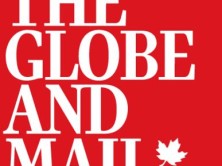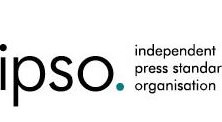
(Credit: Nature, screenshot)
A UK court ruled that Nature didn’t libel another journal’s editor in a 2008 article about the editor’s retirement, Nature reported.
The 2008 article “Self-publishing Editor Set to Retire,” was critical of Chaos, Solitons and Fractals editor Mohamed El Naschie and reported that El Naschie has published “nearly 60” of his own papers. Nature also reported criticism of the “quality” of El Naschie’s work and claims that his work wasn’t peer reviewed. El Naschie, who founded the journal, defended his work.
Justice Sharp’s July 7 ruling found Nature‘s report to be “responsible journalism” with “a high order of public interest,” according to Nature.
Further, Sharp agreed with Nature‘s reporting, writing that El Naschie “had little if any interest in the norms of scientific publishing or the ethical considerations which underpinned them,” that his “self-publication in CSF was excessive and unwarranted and amounted to an abuse of his position as Editor-in-Chief,” and that El Naschie’s “papers were not the subject of any, or any proper, peer review at all.”
Nature noted that its case has been used in calls for UK libel reform and that even the current draft libel reform bill “would put in place protection for statements made in peer-reviewed articles, but would not necessarily protect news stories such as the article in Nature.”
Press Gazette reported Nature’s lawyer Niri Shan said
“The judgment is an important victory for free speech, and is a shot in the arm for the public interest defence of qualified privilege.
“Having said that, the fact that the claimant was able to bring this matter to trial highlights the urgent need for libel reform in the area of science reporting, as the law, as it currently stands, is stifling scientific debate. Moreover, even the current reforms being considered by Parliament do not go far enough.”
The BBC explained: “A public interest defence would put the onus on the person suing for libel to show that the writer either intended to be malicious or was reckless in writing the article.”
Nature issued a statement with comments from its reporter, and editors about the ruling. Reporter Quirin Schiermeier is quoted as calling the ruling a “powerful confirmation of the high journalistic standards we apply at Nature.”
We’ve written previously about the case of UK writer Simon Singh, who was sued by the British Chiropractic Association over a 2008 Guardian article in which he criticized chiropractors. We wrote in 2010 when a British appeals court ruled that Singh could defend his article as fair comment.
We have written to Nature and El Maschie for comment and will update with any response.






